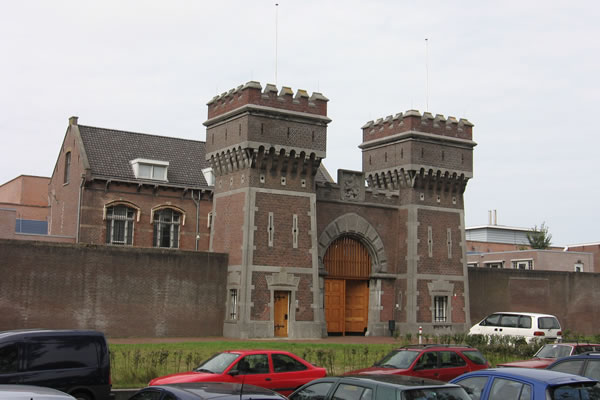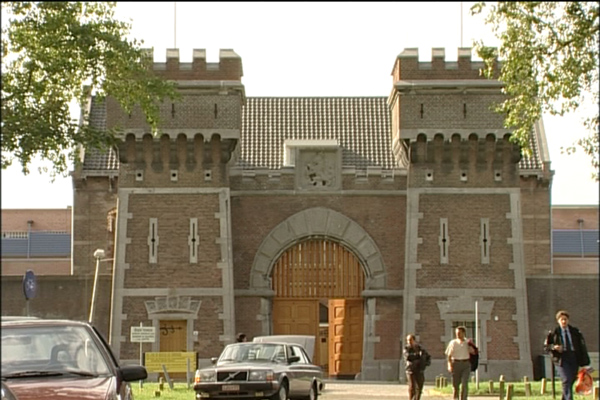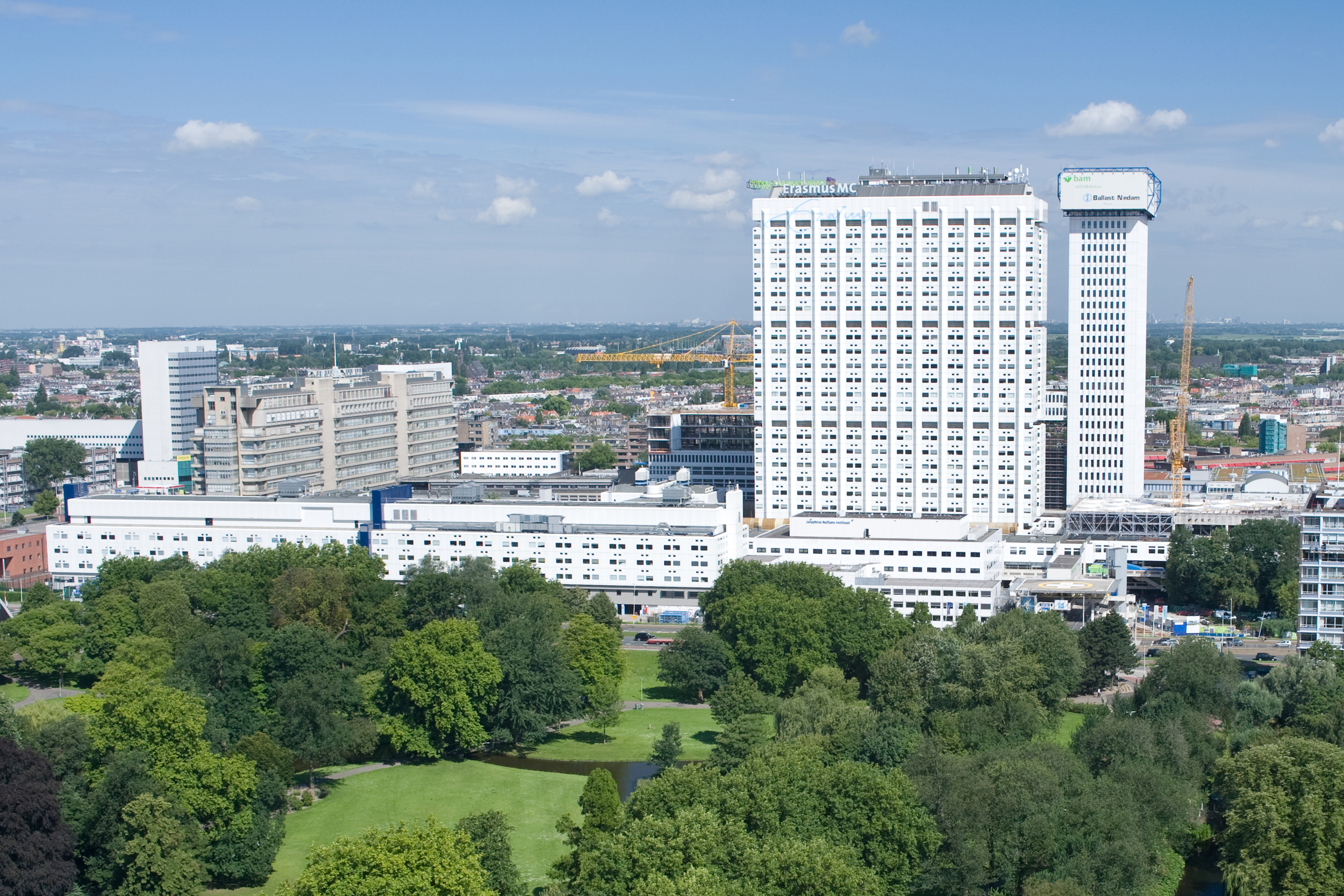Home
EXPERTS CONTRADICT KARADZIC: TRIBUNAL'S DETENTION UNIT IS NOT 'CARCINOGENIC'
Following a spate of complaints from Radovan Karadzic about the 'toxic environment' and 'a high malignancy rate' in the UN Detention Unit, the Tribunal's Registry turned to the Medical Centre of the Erasmus University to investigate the claims. Its expert team investigated the matter over a period of several months and concluded there is no causal relationship between the conditions in the detention unit and the malignant diseases of some of the detainees
 Scheveningen prison
Scheveningen prison In its report published today, the Medical Centre of the Erasmus University, Rotterdam, states that there is no cancer cluster in the UN Detention Unit which would be indicative of a single common cause of the disease among the detainees, The enquiry was carried out at the behest of the Tribunal after Radovan Karadzic complained about the 'toxic environment' and 'a high rate of malignancies' in the UN Detention Unit.
Over the past two years, before and after the judges sentenced him to 40 years in prison for genocide and other crimes in Bosnia and Herzegovina, Radovan Karadzic complained several times about the conditions in the detention. According to him, they have harmed his health and the health of other detainees.
Invoking his medical expertise, Karadzic listed a number of potential harmful factors, including food, specifically the way food is prepared and kept: 'heated up in microwave ovens' and kept 'in plastic containers'. He also highlighted construction material as a possible cause for malignant diseases, especially mineral wool used for insulation. He claimed that the incidence of malignancies in the UN Detention Unit is much higher than among the general population. On the orders of Judge Meron, last June the Registry asked the Medical Centre of the Rotterdam University to investigate the matter.
The report produced by the expert team from the Erasmus University notes that 'cancer is no single disease, but an umbrella term for more than 100 different diseases, with different aetiologies, prognosis, natural history and course'. Most cancers, the experts say, likely exist for a number of years, between 3 to 15 years for most, before they are clinically detected. It is therefore not highly likely that they might be caused by spending a few years in detention in The Hague. Having looked at the diagnoses of the patients from the UN Detention Unit the expert team concluded that they all had different types of cancer caused by various harmful factors the detainees were 'probably exposed to before reaching the detention unit'.
Compared to the statistics for cancer incidence in Croatia, Serbia and BH, and taking into account the specific age range, the malignancy rate for the detainees in The Hague is not higher than the rate in the general population in the countries they come from, the report notes.
The experts from the Erasmus University Medical Centre conclude that there us no evidence to support the claim that the conditions in the UN Detention Unit are 'carcinogenic' and that they increase the risk of malignancies among the detainees.
Photos
Linked Reports
- Case : Karadzic
- 2016-07-22 PROSECUTION APPEALS AGAINST KARADZIC’S JUDGMENT AND SENTENCE
- 2016-07-22 KARADZIC CONDEMNS INTERNATIONAL JUSTICE IN HIS APPEAL
- 2016-06-27 WAS DEFENSE LAWYER IN CONTEMPT OF COURT?
- 2018-02-27 APPEAL HEARING IN THE KARADZIC CASE TO BE HELD END OF APRIL 2018
- 2018-04-23 KARADŽIĆ APPEALS FOR ACQUITTAL OR RETRIAL
- 2018-04-24 THE PROSECUTION: GENOCIDE CONVICTION AND LIFE IN PRISON FOR KARADŽIĆ


